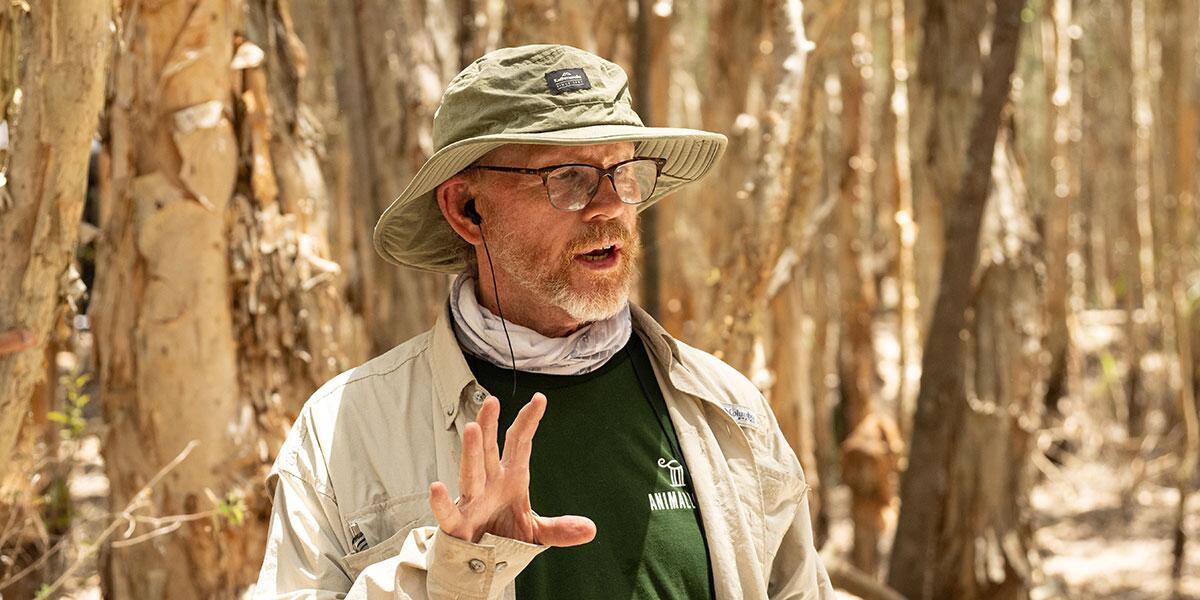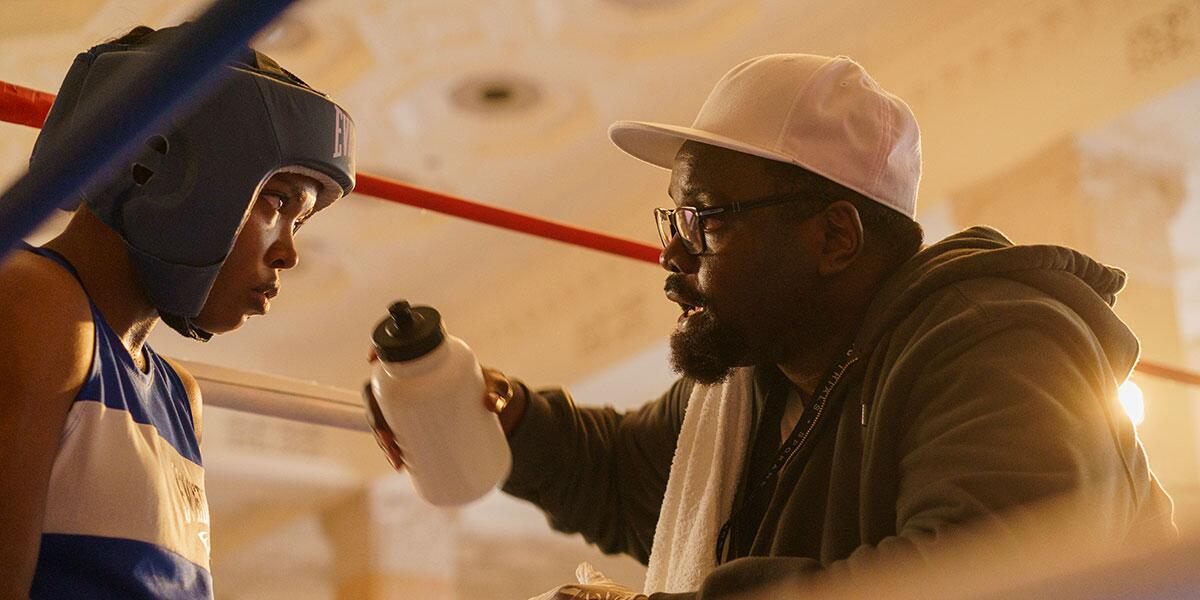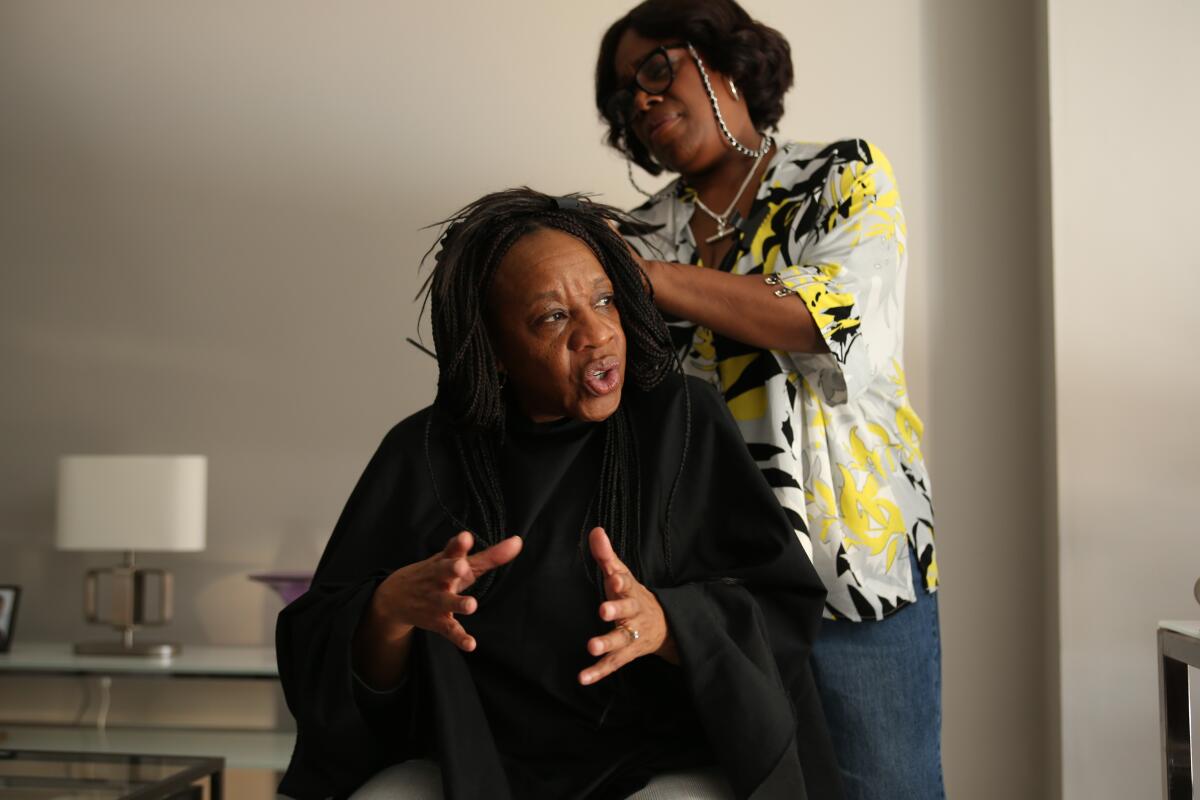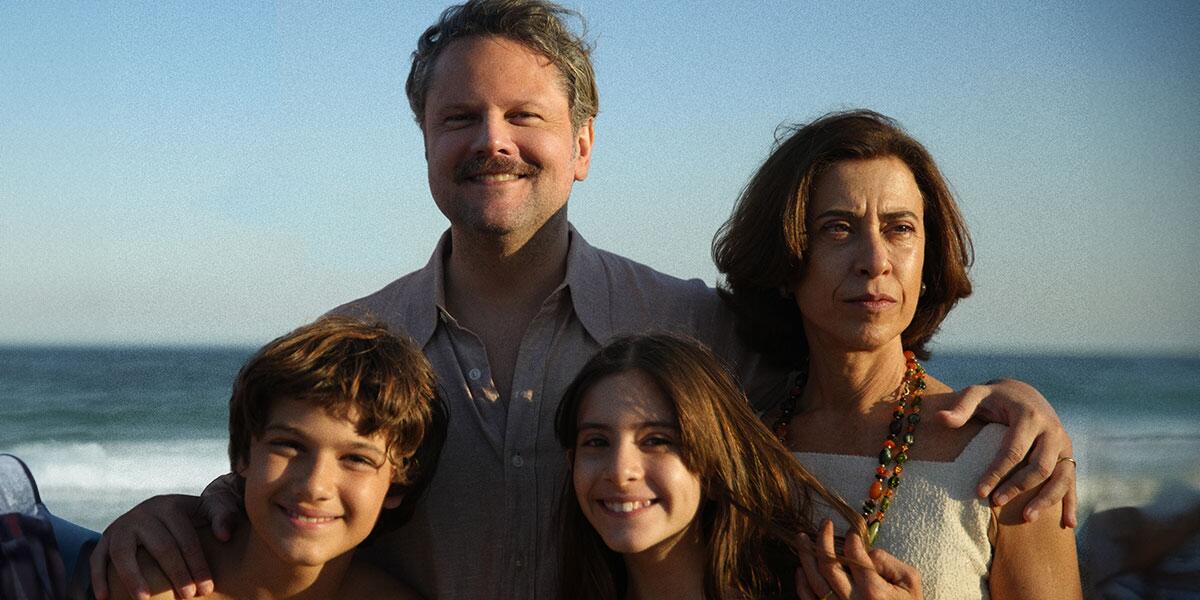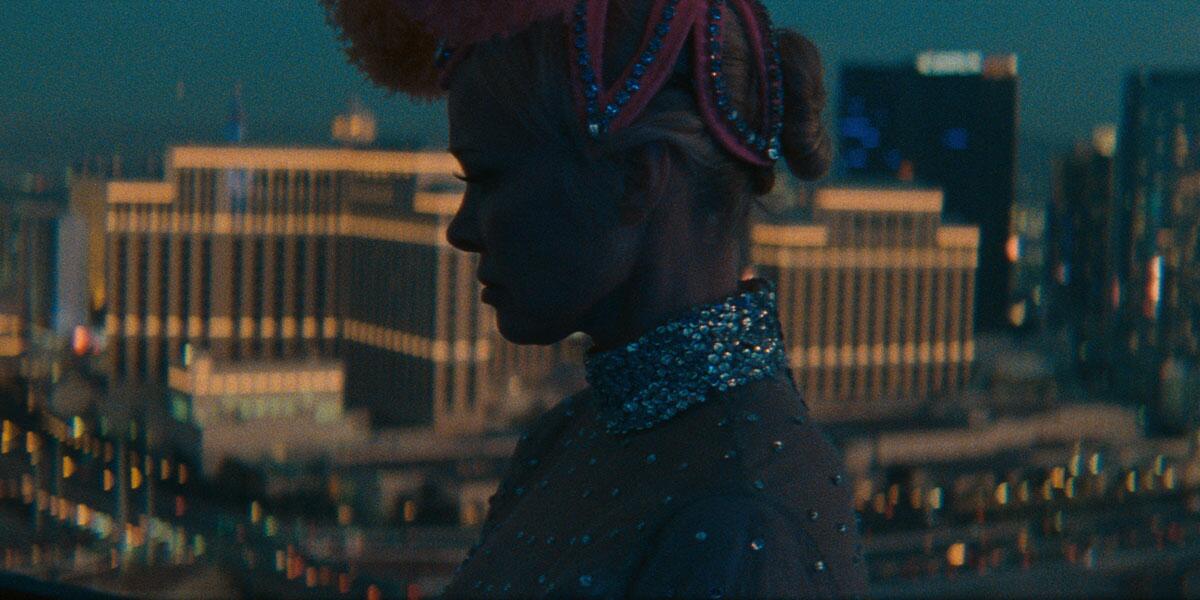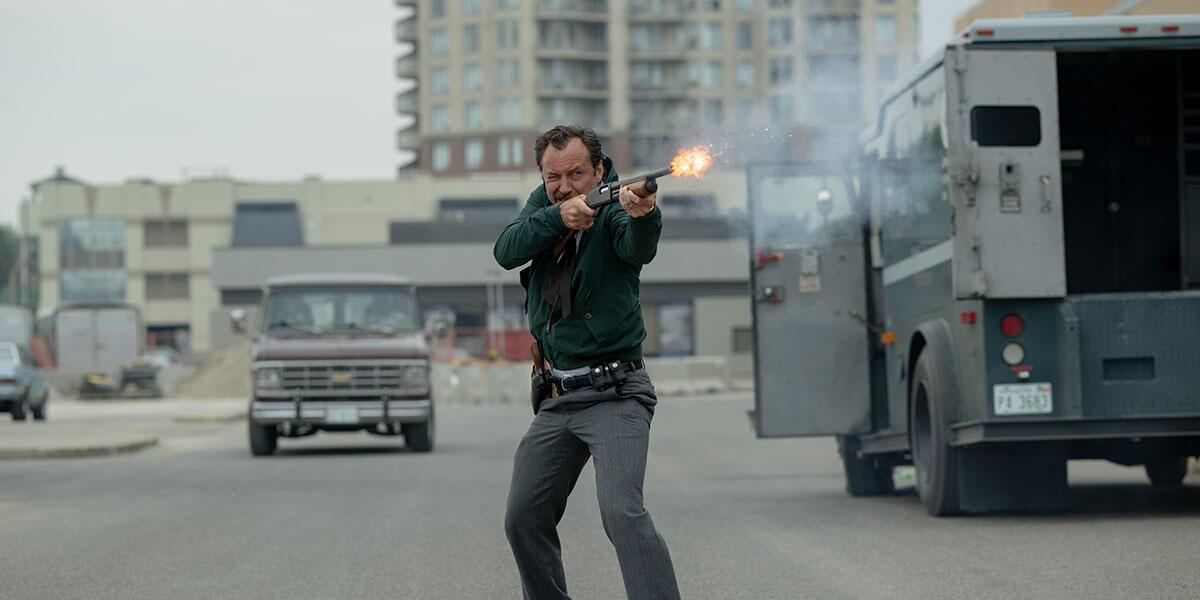Only good movies
Get the Indie Focus newsletter, Mark Olsen's weekly guide to the world of cinema.
You may occasionally receive promotional content from the Los Angeles Times.
Follow Us
Meredith Blake is a former senior writer for the Los Angeles Times based out of New York City, where she wrote about pop culture. A native of Bethlehem, Pa., she graduated from Georgetown University and holds a master’s degree from New York University.
Matt Brennan is a Los Angeles Times’ deputy editor for entertainment and arts. Born in the Boston area, educated at USC and an adoptive New Orleanian for nearly 10 years, he returned to Los Angeles in 2019 as the newsroom’s television editor. He previously served as TV editor at Paste Magazine, and his writing has also appeared in Indiewire, Slate, Deadspin and numerous other publications.
Mark Olsen writes about all kinds of movies for the Los Angeles Times as both a feature writer and reviewer.


